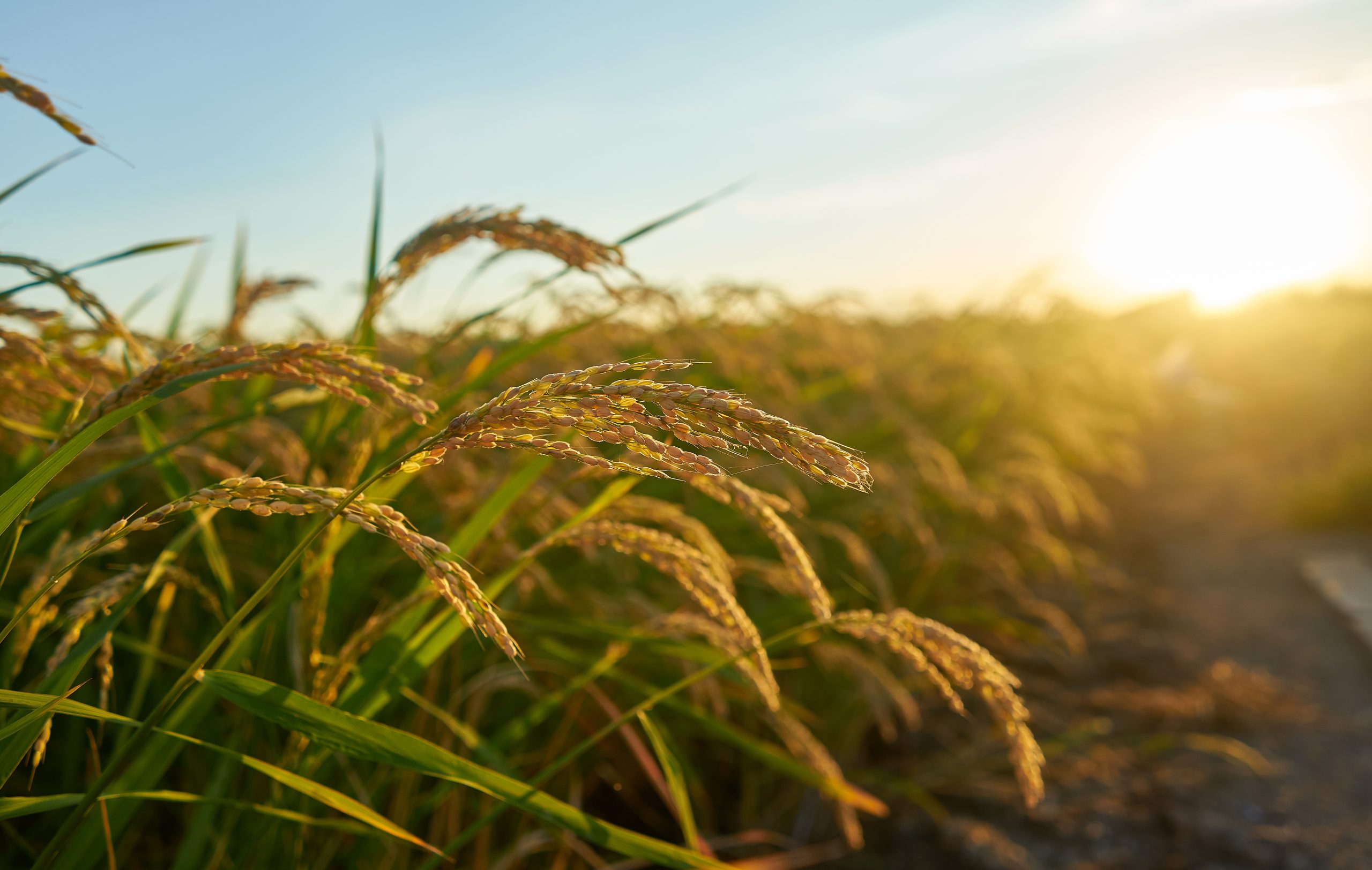Verra, a standards setter for the voluntary carbon market, has rejected 37 rice cultivation projects in China and imposed significant sanctions against the project proponents and validation/verification bodies (VVBs) involved. This decision follows a rigorous quality control review following section 6 of Verra’s Verified Carbon Standard (VCS) Registration and Issuance Process and its new VVB Performance Monitoring Programme
All 37 rejected projects were using the UNFCCC Clean Development Mechanism (CDM) methodology AMS-III.AU.: Methane emission reduction by adjusted water management practice in rice cultivation (external) in the VCS Programme, which was permanently deactivated by Verra in March 2023 following the discovery of multiple issues.
These issues included inadequate demonstration of additionality, overstated project sizes, and insufficient evidence to confirm the projects’ baseline and implementation scenarios.
Farhan Ahmed, Chief Program Management Officer, at Verra said, “Today’s announcement of sanctions against project proponents and VVBs demonstrates Verra’s commitment to ensuring greater integrity, transparency, and quality in the voluntary carbon market. There are consequences for failing to follow the rules and requirements in place. This action should send a signal that inclusion in the Verra Registry is a sign of integrity and quality.”
Verra has issued non-conformity reports to four VVBs – China Classification Society Certification Company, China Quality Certification Centre, Shenzhen CTI International Certification Co., Ltd, and TÜV Nord Cert GmbH. These firms are now required to present a corrective action plan within 15 days or face temporary suspension from auditing under VCS sectoral scope 14, which covers Agriculture, Forestry, and Other Land Use (AFOLU).
Janice O’Brien, Director, Auditing and Accreditation, Verra said, “The issues identified with the VVBs are the culmination of an intensive and rigorous investigation and were not taken lightly. Our quality control review identified serious failures that required a serious response. What we have learned in this process will also support the development of a more effective and credible rice cultivation methodology for future projects.”
In December 2023, Verra announced the development of a new rice cultivation methodology within the VCS Programme, expected to launch officially later this year. This new methodology aims to provide a more reliable framework for projects, incorporating updated guidelines for field stratification, emissions accounting, and methane measurement standards to ensure the generation of high-quality Verified Carbon Units (VCUs). Out of the 37 projects impacted by this decision, 25 had previously issued a total of 4.56 million VCUs, accounting for 0.43% of all VCUs issued under the VCS Programme.
